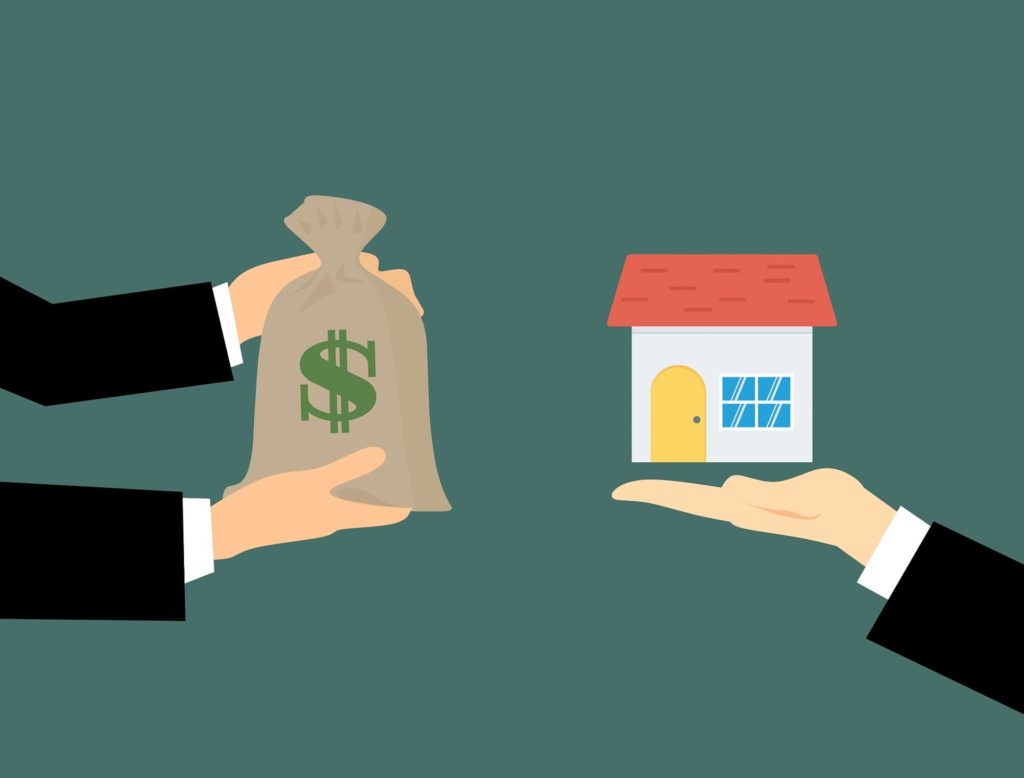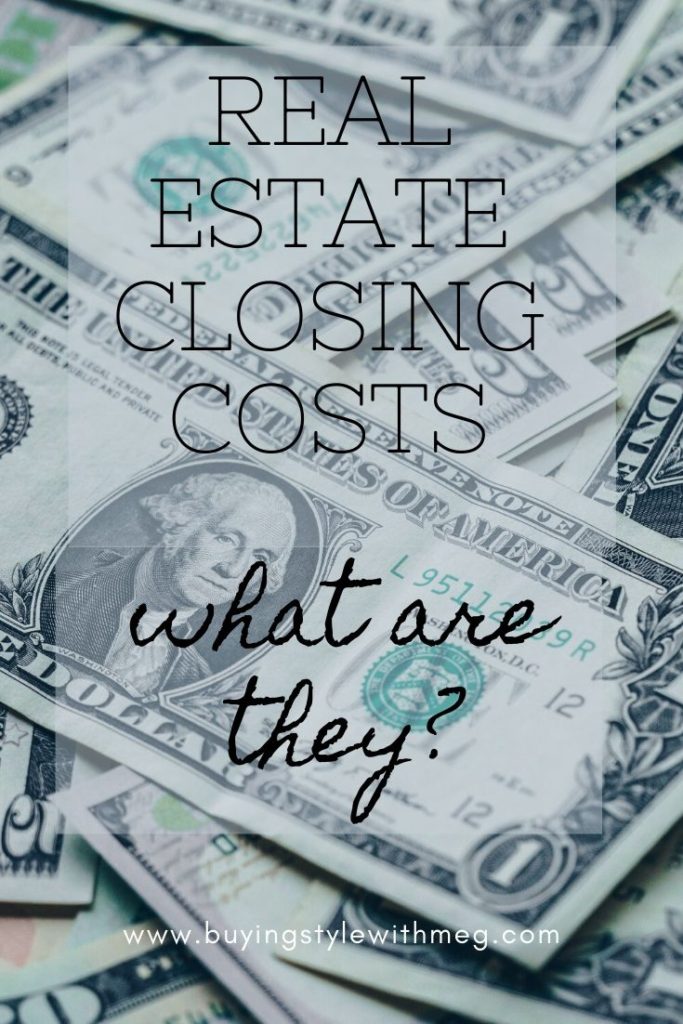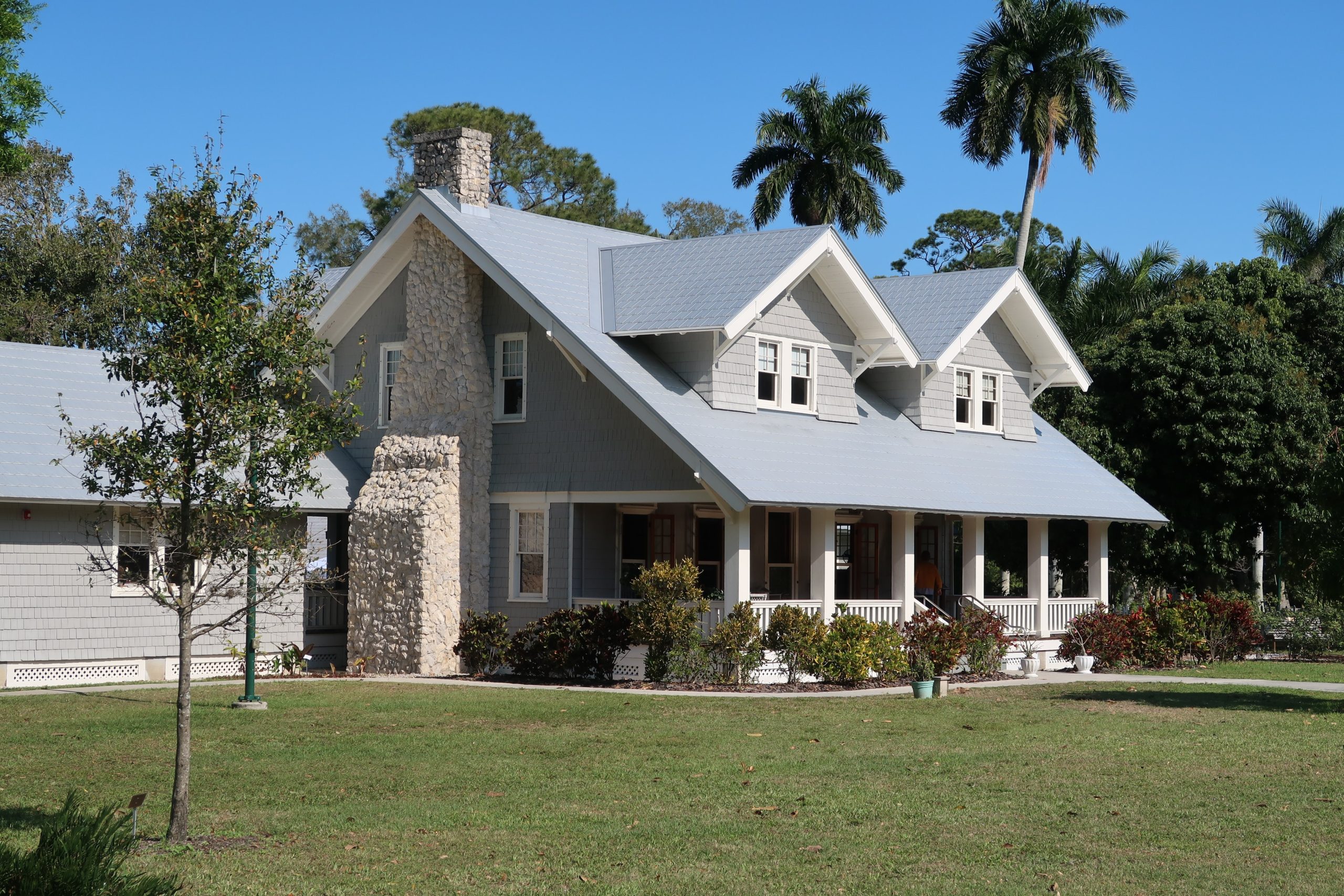We have all heard of closing costs coming along with the buying and selling processes. It’s inevitable. The “closing” is when all parties involved meet to “close” the mortgage loan and “close” title to the property. Closing costs are something that you will pay for at the closing table – and cannot close until that payment is made. Let’s discuss what exactly you are paying for in those closing costs – because it can be a large sum and you need to know what it covers.
Now, the best person to discuss your closing costs with is your lender. They will have all of your personal information and be able to give you the most accurate number. If you have questions, definitely contact them, as every situation and transaction is different – depending on your type of loan, loan amount, geographical area, etc. It is said that you can expect to pay anywhere between 2-5% of your purchase price on closing costs. Here is a general idea of where your closing costs are coming from.
This article may contain affiliate links. For full information, please see my disclaimer here.
Lender Fees
- origination fee (% of loan amount)
- application fee
- underwriting fee
- appraisal
- rate lock fee (optional)
- credit report
- tax monitoring & tax status research
- the rest of your down payment
- points (to lower your interest rate – optional)
- flood certificate (when needed)
Taxes
- Government recording fees
- property taxes (prorated)
- any other taxes
Insurance
- Home owners insurance premium (1st year)
- mortgage insurance premium
- flood insurance – (1st year – only if it’s necessary)
Lawyer’s Fees
- Insurance binder
- lender’s insurance policy
- title search
- owner’s title policy
- settlement agent fee
- lawyer’s fee
- survey fee (somewhat optional, but a good idea to get!)
- escrow fee

If you have any agreed upon seller or lender credits, they will be credited toward your closing costs. Your lawyer will go over in detail every line of what you are paying for at the closing table, so feel free to ask any questions at that time. There are also certain fees that you can shop around for to make sure that you are getting the best deal, and some that you cannot. Check out different lenders to make sure you are getting the best interest rate and going with the best option for your situation. Ask your Realtor for recommendations on a Real Estate attorney that they have had a great experience with and use regularly.
If you have a VA or FHA loan, you may be able to roll your closing costs into your mortgage loan and not have to come up with the cash up front. Ask your lender if this is possible for you.
As the buyer, you will be bringing a bank check to the closing table with the amount that you need to close. The sellers also have their own closing costs including the Realtor commissions, and their lawyer fees. Once all of the paperwork is signed, your lawyer will make arrangements for disbursements, record the deed and mortgage, handle any post – closing assignments, and obtain the title insurance policy. You will be handed your keys to your *new* house and be on your way!!





Leave a Reply